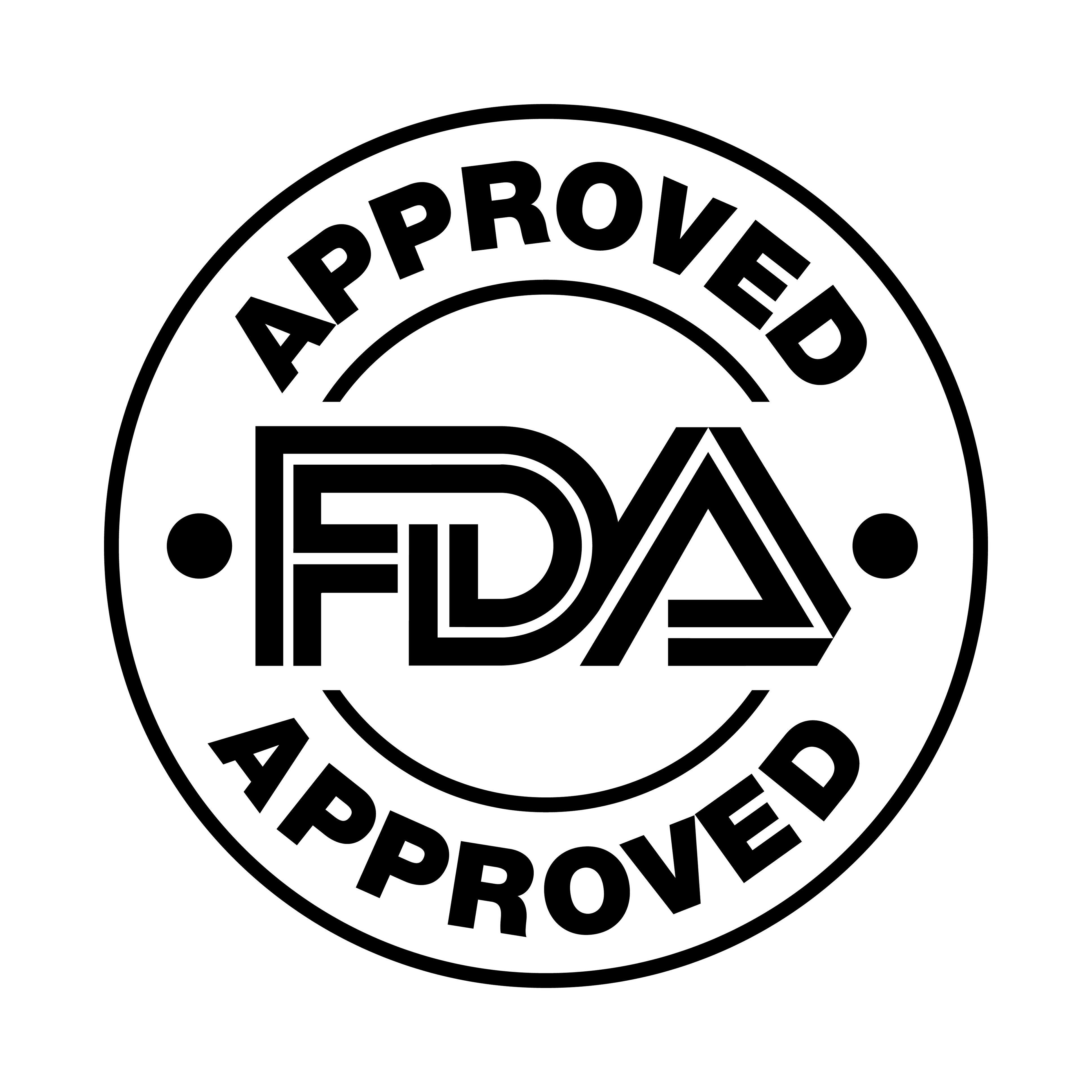FDA approves maralixibat tablet formulation for ALGS and PFIC
In the United States, maralixibat (Livmarli; Mirum Pharmaceuticals) is approved to treat both ALGS and PFIC, now in liquid and tablet formulations.
FDA approves maralixibat tablet formulation for ALGS and PFIC | Image Credit: © Calin - © Calin - stock.adobe.com.

On April 14, 2025, the FDA approved a tablet formulation of maralixibat (Livmarli; Mirum Pharmaceuticals) for patients with Alagille syndrome (ALGS) and progressive familial intrahepatic cholestasis (PFIC), according to a press release from Mirum Pharmaceuticals.1
Specifically, maralixibat is approved—now in oral solution and tablet formulations—to treat cholestatic pruritus among ALGS patients aged 3 months and older and for cholestatic pruritus treatment in PFIC patients aged 12 months and up. The orally-administered ileal bile acid transporter inhibitor now has a new flexibility dynamic, expected to be available in tablet form in June via the Mirum Access Plus program.
"The approval of [maralixibat] in tablet form provides a meaningful additional treatment option for patients with ALGS and PFIC," said Peter Radovich, president, chief operating officer, Mirum, in a statement. "It allows flexibility for patients and physicians, with the liquid dosing used by the youngest patients and a convenient one-tablet per dose option for older patients. We have had tremendous success with [maralixibat] since its launch and we hope that the availability of the tablet will provide convenience that positively impacts patients’ lives," added Radovich.
Previous FDA approvals of maralixibat
On September 29, 2021, the federal agency approved maralixibat as the first and only approved medication to treat cholestatic pruritus in ALGS patients aged 1 year and older.2
This initial approval was based on the pivotal ICONIC study as well as 5 years of data from supportive studies among 86 patients with ALGS. The ICONIC study demonstrated statistically significant reductions in pruritus, one of the most common and arduous symptoms linked to the disease, stated Mirum at the time of approval. These reductions were maintained for 4 years.
In March of 2024, the FDA then granted approval for maralixibat use in patients aged 5 years and older with PFIC. The supplemental new drug application and subsequent approval for this indication was based on data from the phase 3 MARCH PFIC study that featured 93 patients across a range of genetic PFIC subtypes (PFIC1, PFIC2, PFIC3, PFIC4, PFIC6 and unidentified mutational status), according to previous coverage from Contemporary Pediatrics.3
According to approval data, those treated with maralixibat had statistically significant improvements in pruritus ( P < .0001), serum bile acids (P < .0001), bilirubin (P < .0471), and growth measured by weight z-score (P = .0391).
"I think the data supporting the use of of maralixibat in patients with with PFIC is very strong, and it could be an important medication that we can use for treatment of these patients," Saeed Mohammad, MD, MS, associate professor of Pediatrics, Pediatric Gastroenterology, Hepatology, and Nurtrition, Vanderbilt University Medical Center, Nashville, Tennessee, told our sister publication, HCPLive at the time of approval.
"Until the IBAT inhibitors came into play, we did not have any good medications for pruritis, and many of these patients eventually required a transplant," added Mohammad. "The main indication for that was quality of life, which is directly associated with pruritis. The number of patients is small, but I think their burden is pretty high. The advent of IBAT inhibitors has changed the way that we treat these patients.”
Just 4 months later, the FDA expanded the maralixibat label to include PFIC patients aged 12 months and older. This approval also featured a higher concentration formulation of maralixibat.4
More on ALGS
ALGS, according to Mirum, is a rare genetic disorder that results in abnormally narrow, malformed bile ducts, which are also reduced in number, leading to bile accumulation in the liver. This leads, ultimately, to progressive liver disease. ALGS incidence is estimated to be present in 1 in every 30,000 people.2
At the time of initial approval, Mirum stated 60% to 75% of patients with ALGS had a liver transplant before reaching adulthood. Signs and symptoms from liver damage in ALGS can include jaundice, xanthomas, and pruritus.
References:
1. Mirum's Livmarli now FDA approved in tablet formulation. Mirum Pharmaceuticals. Press release. April 14, 2025. Accessed April 14, 2025. https://ir.mirumpharma.com/news-events/News/news-details/2025/Mirums-LIVMARLI-Now-FDA-Approved-in-Tablet-Formulation
2. US FDA approves LIVMARLI (maralixibat) as the first and only approved medication for the treatment of cholestatic pruritus in patients with alagille syndrome one year of age and older. Mirum Pharmaceuticals. Press release. September 29, 2021. Accessed April 14, 2025. https://www.businesswire.com/news/home/20210929005810/en/U.S.-FDA-Approves-LIVMARLI-maralixibat-as-the-First-and-Only-Approved-Medication-for-the-Treatment-of-Cholestatic-Pruritus-in-Patients-with-Alagille-Syndrome-One-Year-of-Age-and-Older
3. Fitch, J. FDA approves maralixibat to treat cholestatic pruritus in PFIC patients 5 years and up. Contemporary Pediatrics. March 13, 2025. Accessed April 14, 2025. https://www.contemporarypediatrics.com/view/fda-approves-maralixibat-to-treat-cholestatic-pruritus-in-pfic-patients-2-months-and-up
4. Fitch, J. FDA expands maralixibat label to include PFIC patients aged 12 months and older. July 25, 2024. Accessed April 14, 2025. https://www.contemporarypediatrics.com/view/fda-expands-maralixibat-label-to-include-pfic-patients-aged-12-months-and-older
Recognize & Refer: Hemangiomas in pediatrics
July 17th 2019Contemporary Pediatrics sits down exclusively with Sheila Fallon Friedlander, MD, a professor dermatology and pediatrics, to discuss the one key condition for which she believes community pediatricians should be especially aware-hemangiomas.